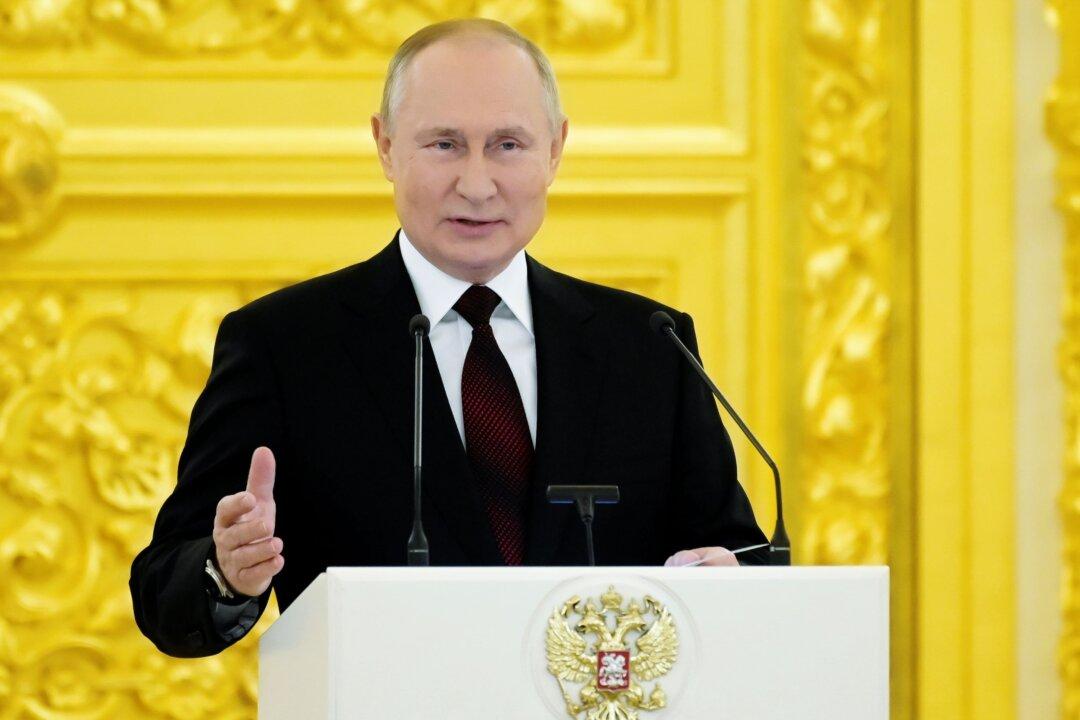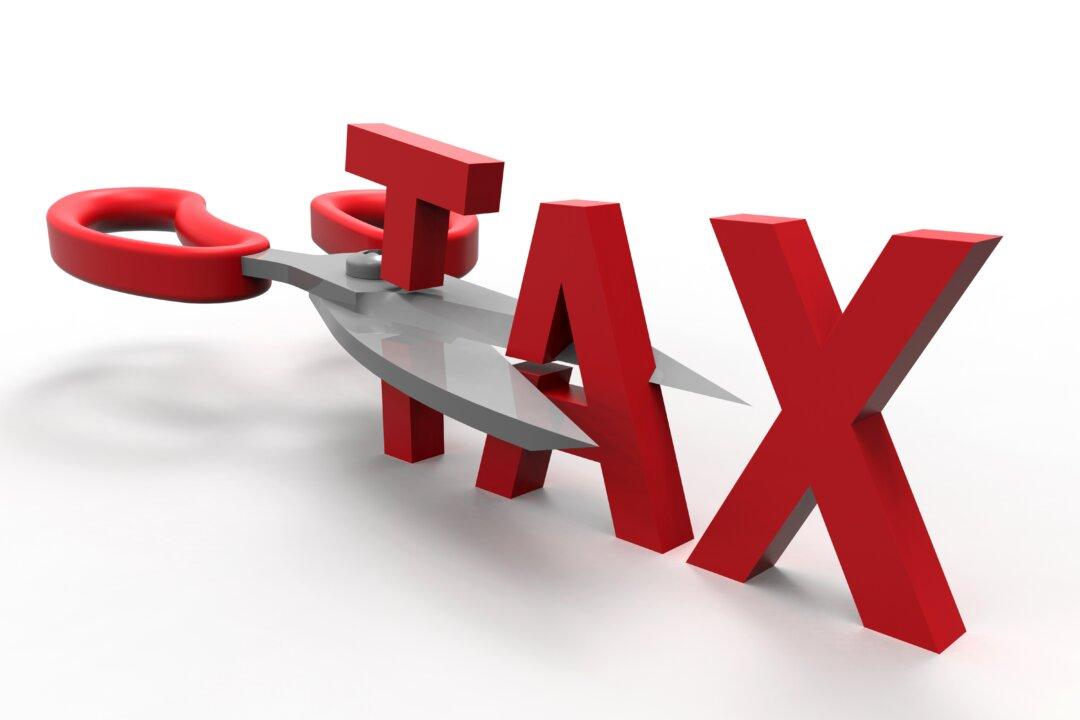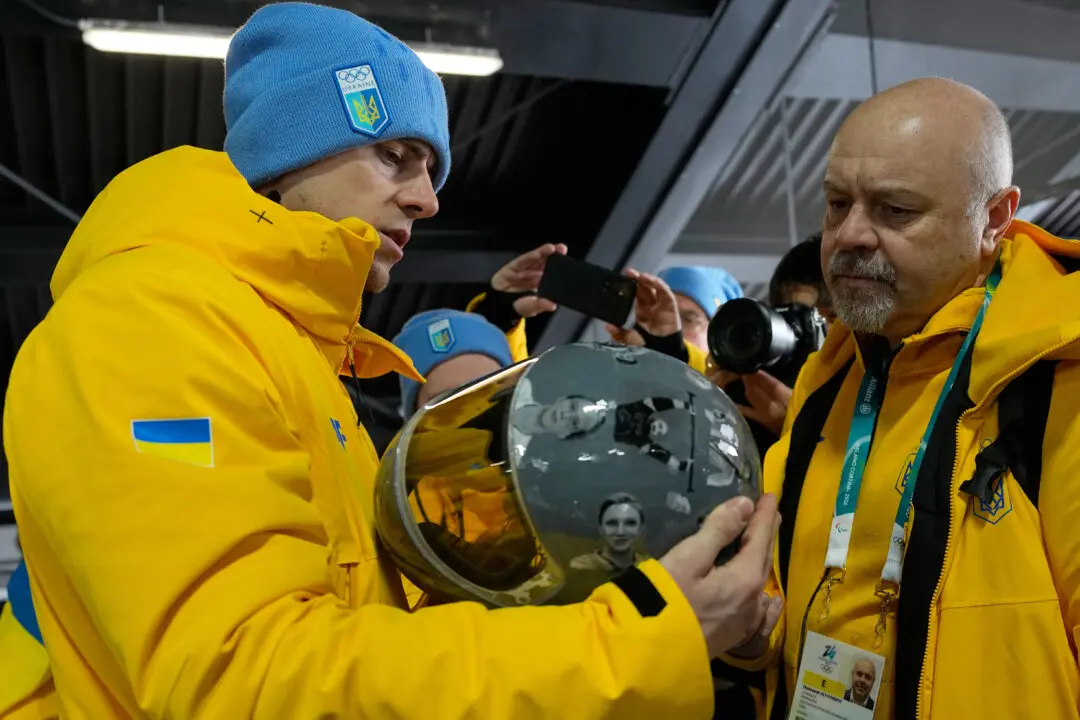MOSCOW—President Vladimir Putin said Wednesday that Moscow would seek Western guarantees precluding any further NATO expansion and deployment of its weapons near his country’s borders, a stern demand that comes amid fears of a Russian invasion of Ukraine.
Ukrainian and Western officials have worried about a Russian troop buildup near Ukraine, saying it could signal Moscow’s intention of an attack. Russian diplomats countered those claims by expressing concern about Ukraine’s own military buildup near the area of the separatist conflict in the eastern part of the country.





